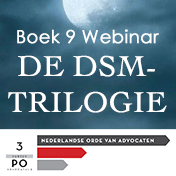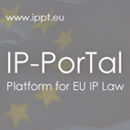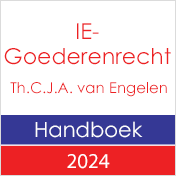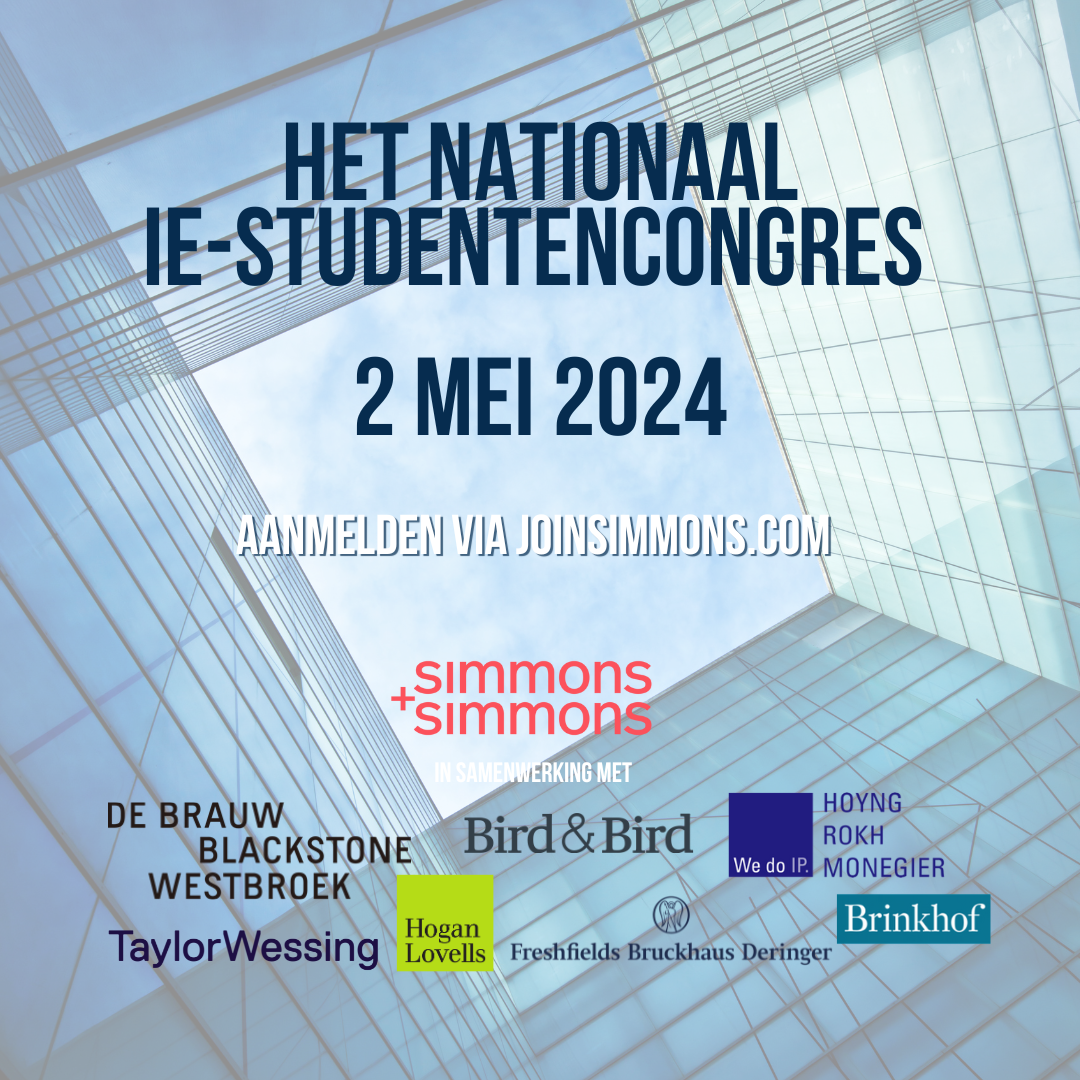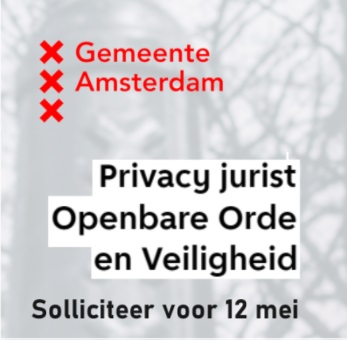 B9 10337. Gertjan Kuipers, Douwe Groenevelt and Oscar Lamme, De Brauw Blackstone Westbroek: A different perspective on Samsung v. Apple: Guidance on enforcing FRAND pledged patents in the Netherlands.
B9 10337. Gertjan Kuipers, Douwe Groenevelt and Oscar Lamme, De Brauw Blackstone Westbroek: A different perspective on Samsung v. Apple: Guidance on enforcing FRAND pledged patents in the Netherlands.
Commentaar bij vzr. Rechtbank ’s-Gravenhage, 14 oktober 2011, B9 10281.
“(…) contrary to the suggestion of several other legal sources during the past week - the Samsung v Apple decision does not herald the end of standard essential patent litigation in the Netherlands.
First and foremost, while noting that this is a first instance decision in preliminary relief proceedings, it confirms that neither the ETSI regulations nor a (general) FRAND declaration itself precludes the patent holder from enforcing FRAND pledged patents. The main take-aways in this respect are that, according to the Court:
• A FRAND declaration does not automatically establish a licence agreement;
• An early general FRAND declaration may in fact be helpful in overcoming patent ambush arguments based on late disclosure of essential patents.
Furthermore, the decision at its core teaches us under what special circumstances the enforcement of FRAND pledged patents would amount to an abuse of rights. In other words, if holders of FRAND pledged patents stay within the boundaries set by the court in this decision as to their 'attitude' in prior licence negotiations, they may (still) be able to successfully enforce their FRAND pledged patents. In short, this means that they should:
• Make a licence offer after having been requested to do so, which arguably does not (even) have to be FRAND, but should show a willingness to enter into a FRAND licence agreement;
• Not reject counter licence offers unsubstantiated, but motivate any rejections thoroughly, in any event specifically addressing the royalty level, and not merely the territorial scope and the patents covered.
Another important notion in this respect is that since the FRAND defence is a 'misuse of rights' type of defence, and the burden of proof is on the party claiming the misuse, we believe that the test will thus not be for the patentee to demonstrate that it was willing to enter into a FRAND licence agreement, but rather for the defendant to demonstrate that the patentee, contrary to the defendant, is unwilling to enter into a FRAND licence agreement.
In closing, all is not lost for Samsung itself either. The Court explicitly suggested that Samsung first make a FRAND offer, and indicated that if the ensuing negotiations then failed, Samsung would still be entitled to claim an injunction. Something tells us that this is not the last time that these parties will meet before this court and in respect of these patents.
Lees het gehele commentaar hier.



















































